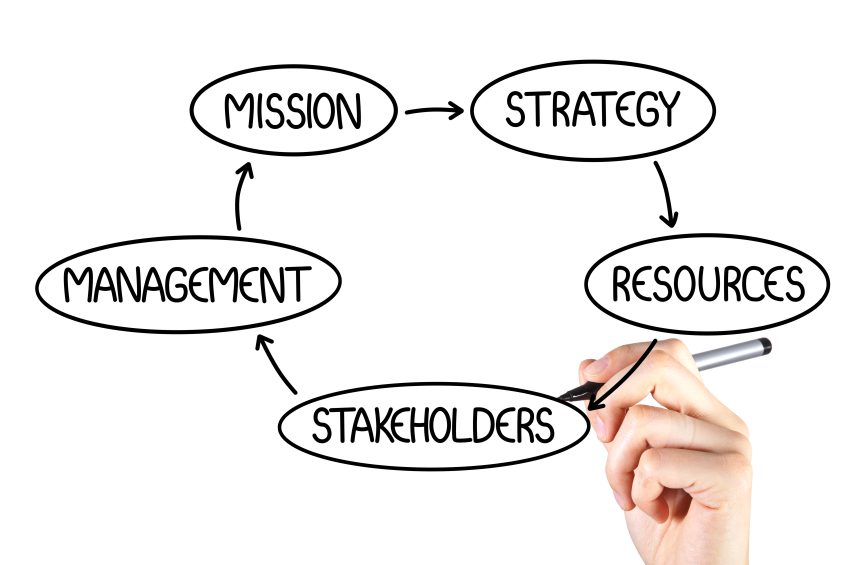Is Australian retail too expensive or too slack to compete in the 21st Century?
If you have any suspicion that the answer could be yes the critical question becomes, what do your customers experience as a result?
Warning: here comes a grumpy old man story.
Recently we attended a parent group dinner at one of those “Local Taverns”, which is to say a thinly disguised pokies hole.
Having resigned myself to a substandard meal, accompanied by excessive noise, I really didn’t expect much. What I got was even less.
Having ordered a veal schnitzel at the counter (no chips, extra salad), announced on delivery was a “chicken schnitzel no chips?” When advised of the error the young plate-deliverer firmly retorted: “Well what’s the difference between a chicken schnitzel and schnitzel anyway?” One presumes she meant apart from one previously mooing while the other clucked.
When I insisted on receiving what was ordered the response was : “There’s no need to be rude, why can’t you just have what I brought?”
Mentioning legendary Soviet Union service levels came to mind but, given her infant years, I doubt she had ever heard of the place. One wonders at her reaction should the local Apple store deliver her a Chinese knock-off eyePhone.
You may well ask what do you expect of a place where the large screens are filled with a constant series of Keno numbers?
I understand it is hard, in this country, to get good hospitality staff. No one wants to do it, and many of those who do ably convey a commensurate level of enthusiasm. A recent trip to the United States brought the differences in service levels into sharp relief.
We don’t necessarily want the USA $7.25 per our minimum wage with up to 20% tip scenario here. However, one can’t help thinking that a greater focus on some sort of performance incentives would help create better customer experiences.
For the “tavern” in question there would seem little point to put in place any sort of customer service measures and incentives. Staff seldom stay longer than a few months and the whole place is focussed on just keeping gamblers in the building.
Is that the situation in your business? Can you afford to ignore customer experience?
Recent ICG mystery shopping exercises, across a number of industries, have exposed concerning service issues.
In a world of easy Internet shopping physical retail needs to exploit every opportunity and must offer an experience not possible online.
Obviously that is easier in the retail of large purchases that benefit from the customer physically trying the product, say, automotive. But even in such retail the opportunity for customers to cross-shop and undertake detailed research online creates challenges in maintaining both service and profit levels.
During such exercises the range of experience delivered to ICG researchers covers everything from walk-in customers being totally ignored, to poor standard-form email responses to internet enquires, to the classic never calling the customer back on a telephone enquiry.
Good operators (and they tend to be individuals not entire organisations) know their product, engage with the customer and follow up quickly. They get the sales. The others appear to aggressively (or even passively) staff their station or desk.
The only way to improve group performance is good old-fashioned training, incentives, measurement and accountability. ICG’s mystery shopping exercises are often accompanied by the development of management plans covering all these actions.
To extract the maximum value from your investment in people you need to know what level of customer experience your retail staff are delivering and to plan for continual measurement and improvement.
The alternative to providing positive customer experiences is the complete commoditisation of whatever you are selling. Today that means the lowest Internet price sets the market and the profit (or loss) level. There will always be price shoppers and there will always be shoppers who appreciate proper service. Which group is likely to deliver better margins?
The next time you read of some mega-retailer complaining that the Internet is stealing their business think of the level of service delivered at their barn (let alone any interest shown in the customer).
Finally, an example of how not to compete with online.
Recently a high-end clothing store in one of the fashionable (and dying) strips introduced a policy of charging browsers $5 (refundable on purchase) for “just looking”. They claim this is their counter strategy to “shopfronting”, the practice of trying something at retail outlet then buying it online at a lower price. What a wasted opportunity!
Perhaps if they focussed a little more on providing a customer experience that justified their premium they could convert more of the “shopfronters”, who are actually in the shop, into buyers. Another “For Lease” sign will not be far away.
John Kananghinis



